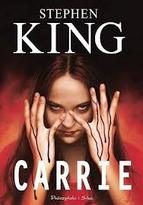
Getting started is a bear for a lot of writers who tend to "overthink" what actually goes into a story. In King's advice posted below he tells would be writers in a nutshell what it takes to write a good book. The rest of it is up to you.
Read this and post a comment with your reaction, and maybe a few words about your own efforts to "tell your story."
I won't try to convince you that I've never plotted any more than I'd try to convince you that I've never told a lie, but I do both as infrequently as possible. I distrust plot for two reasons: first, because our lives are largely plotless, even when you add in all our reasonable precautions and careful planning; and second, because I believe plotting and the spontaneity of real creation aren't compatible.
A strong enough situation renders the whole question of plot moot. The most interesting situations can usually be expressed as a What-if question:
What if vampires invaded a small New England village? (Salem's Lot).
What if a young mother and her son became trapped in their stalled car by a rabid dog? (Cujo).
These were situations which occurred to me - while showering, while driving, while taking my daily walk - and which I eventually turned into books. In no case were they plotted, not even to the extent of a single note jotted on a single piece of scrap paper.
2. Similes and metaphors - the rights, the wrongs
When a simile or metaphor doesn't work, the results are sometimes funny and sometimes embarrassing. Recently, I read this sentence in a forthcoming novel I prefer not to name: 'He sat stolidly beside the corpse, waiting for the medical examiner as patiently as a man waiting for a turkey sandwich.' If there is a clarifying connection here, I wasn't able to make it.
My all-time favourite similes come from the hard-boiled-detective fiction of the 40s and 50s, and the literary descendants of the dime-dreadful writers. These favourites include 'It was darker than a carload of assholes' (George V Higgins) and 'I lit a cigarette [that] tasted like a plumber's handkerchief' (Raymond Chandler).
3. Dialogue: talk is 'sneaky'
It's dialogue that gives your cast their voices, and is crucial in defining their characters - only what people do tells us more about what they're like, and talk is sneaky: what people say often conveys their character to others in ways of which they - the speakers - are completely unaware.
Well-crafted dialogue will indicate if a character is smart or dumb, honest or dishonest, amusing or an old sobersides. Good dialogue, such as that written by George V Higgins, Peter Straub or Graham Greene, is a delight to read; bad dialogue is deadly.
4. Characters: nobody is the 'bad-guy'
The job boils down to two things: paying attention to how the real people around you behave and then telling the truth about what you see. It's also important to remember that no one is 'the bad guy' or 'the best friend' or 'the whore with a heart of gold' in real life; in real life we each of us regard ourselves as the main character, the protagonist, the big cheese; the camera is on us , baby. If you can bring this attitude into your fiction, you may not find it easier to create brilliant characters, but it will be harder for you to create the sort of one-dimensional dopes that populate so much pop fiction.
5. Pace: fast is not always best
Pace is the speed at which your narrative unfolds. There is a kind of unspoken (hence undefended and unexamined) belief in publishing circles that the most commercially successful stories and novels are fast-paced. Like so many unexamined beliefs in the publishing business, this idea is largely bullshit... which is why, when books like Umberto Eco's The Name of the Rose suddenly break out of the pack and climb the bestseller lists, publishers and editors are astonished. I suspect that most of them ascribe these books' unexpected success to unpredictable and deplorable lapses into good taste on the part of the reading public.
I believe each story should be allowed to unfold at its own pace, and that pace is not always double time. Nevertheless, you need to beware - if you slow the pace down too much, even the most patient reader is apt to grow restive.
6. Do the research, but don't overdo it for the reader
You may be entranced with what you're learning about flesh-eating bacteria, the sewer system of New York, or the IQ potential of Collie pups, but your readers are probably going to care a lot more about your characters and your story.
Exceptions to the rule? Sure, aren't there always? There have been very successful writers - Arthur Hailey and James Michener are the first ones that come to my mind - whose novels rely heavily on fact and research. Other popular writers, such as Tom Clancy and Patricia Cornwell, are more story-oriented, but still deliver large dollops of factual information along with the melodrama. I sometimes think that these writers appeal to a large segment of the reading population who feel that fiction is somehow immoral, a low taste which can only be justified by saying, 'Well, ahem, yes, I do read [fill in author's name here], but only on airplanes and in hotel rooms that don't have CNN; also, I learned a great deal about [fill in appropriate subject here].'
© 2000 Stephen King.
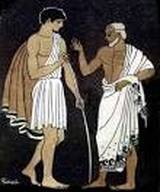
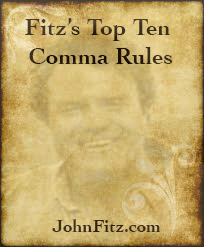
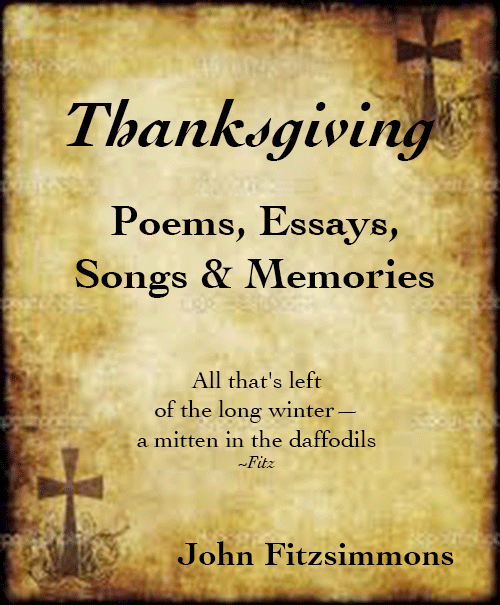
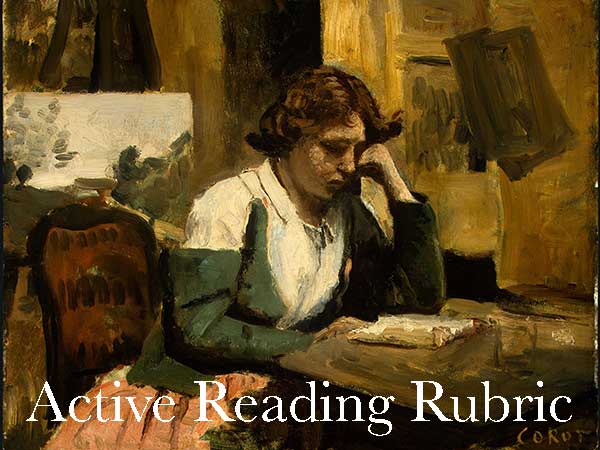
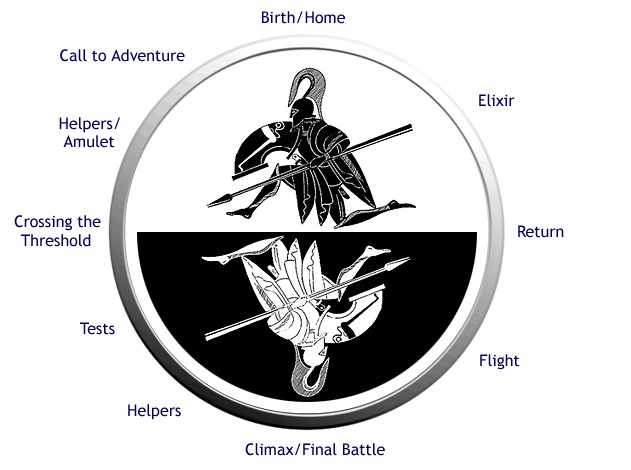
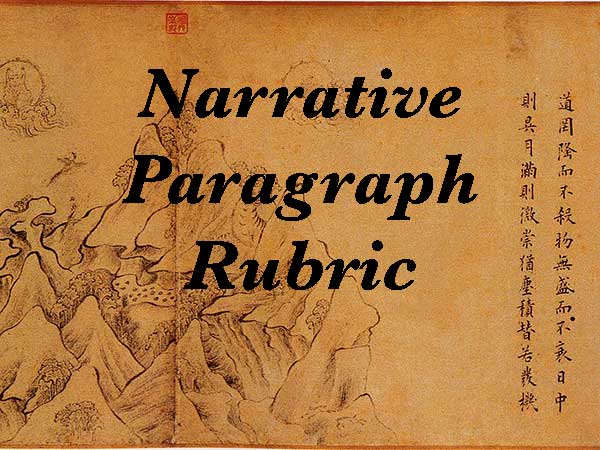
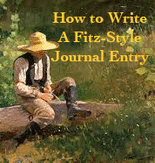
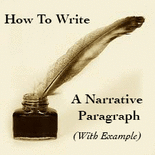
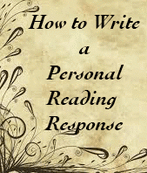
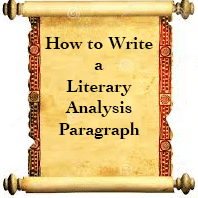
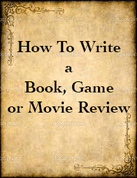

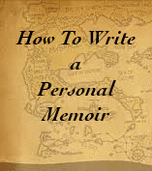
 RSS Feed
RSS Feed
